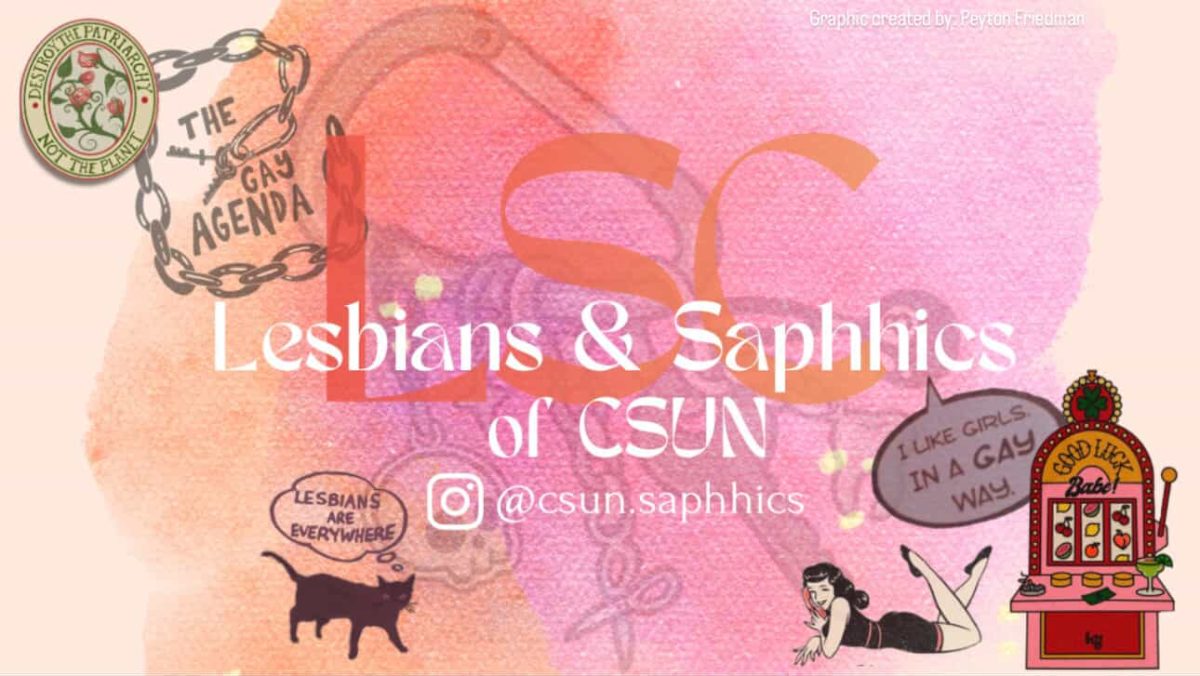Close to 300 people showed up to The University Student Union’s Northridge Center Wednesday evening to hear Naomi Klein’s lecture, “Playing it Safer: The Lessons of Disaster from Wall Street to BP,” a topic she was scheduled to speak on almost two years ago.
Klein, a Canadian journalist, is the author of “Shock Doctrine: The Rise of Disaster Capitalism.” Due to unforeseen circumstances, Klein was unable to speak at the USU’s world finance speaker series two years ago, said Brian Nakamura, events supervisor at the USU. However, in wake of recent disasters in Japan, the timing is right for her to speak at CSUN, he said.
“(The topic) is important for anyone to know,” he said. “And the more information we can get out to students about the world around them, the better educated they will be.”
While Klein did not speak directly about her book, she shared the situations where the shock doctrine has recently been used. Klein defines the shock doctrine as “using the public’s disorientation following massive collective shocks, such as wars, terrorist attacks, or natural disaster, to achieve control by imposing economic shock therapy.” She encouraged the audience to become “shock resilient” because we live in a time of crisis, she said.
“Often crises are messages,” Klein said. “They’re telling us the system is broken. It does require decisive and dramatic action. The shock doctrine works when we are passive, when we regress and when we believe people have our best interests at heart.”
Klein discussed the education budget crisis facing low-income students in the United Kingdom, an issue many students in the CSU system are dealing with. She illustrated the power of the public when it comes together to work for a common cause.
Klein said students of all ages pushed back at the coalition government in England after it announced, approximately 10 months ago, it would slash funds to public services in order to balance the budget.
Klein said the UK’s protesters rallied through the website UK Uncut (www.ukuncut.org.uk) to push for alternatives like clamping down on banks and corporations that exploit loopholes in the tax code.
UK Uncut targeted three major corporations: Vodafone, a major cell phone provider, Barclay’s Bank and Top Shop, which has over 300 retail stores in the United Kingdom.
“(The result) is that barriers break down between activists and regular shoppers, and (the shoppers) enjoyed the protest too,” Klein said. “Once they got information they wanted to participate.”
Klein said the key to being shock-resistant is education about the cause of the problem. And one way to do this, she said, is to ask why the crisis is happening.
“(Right now) we are responding to crises by doubling down on the problem that caused the crises,” she said.
However, she said she remains optimistic, so long as the economic, political and social crises are dealt with at their root level, and people start to create alternatives.
“Add to it, revise it, tell me how wrong I am,” she said. “What’s important is to have a vision. These are frightening times, and there’s no reason to sugar coat it. (But) it can be a moment of profound creativity and transformation. We don’t have to careen from crisis to crisis.”
CSUN student Adam Gehr, a graduate linguistics student, came to hear Klein’s advice for producing a transformation.
“I read “Shock Doctrine,” Gehr said. “It’s an important book, and it opens people’s eyes to the process of what really goes on. It shows how capitalism can be a destructive force. Capitalism is seen as the only alternative, but it’s not.”





